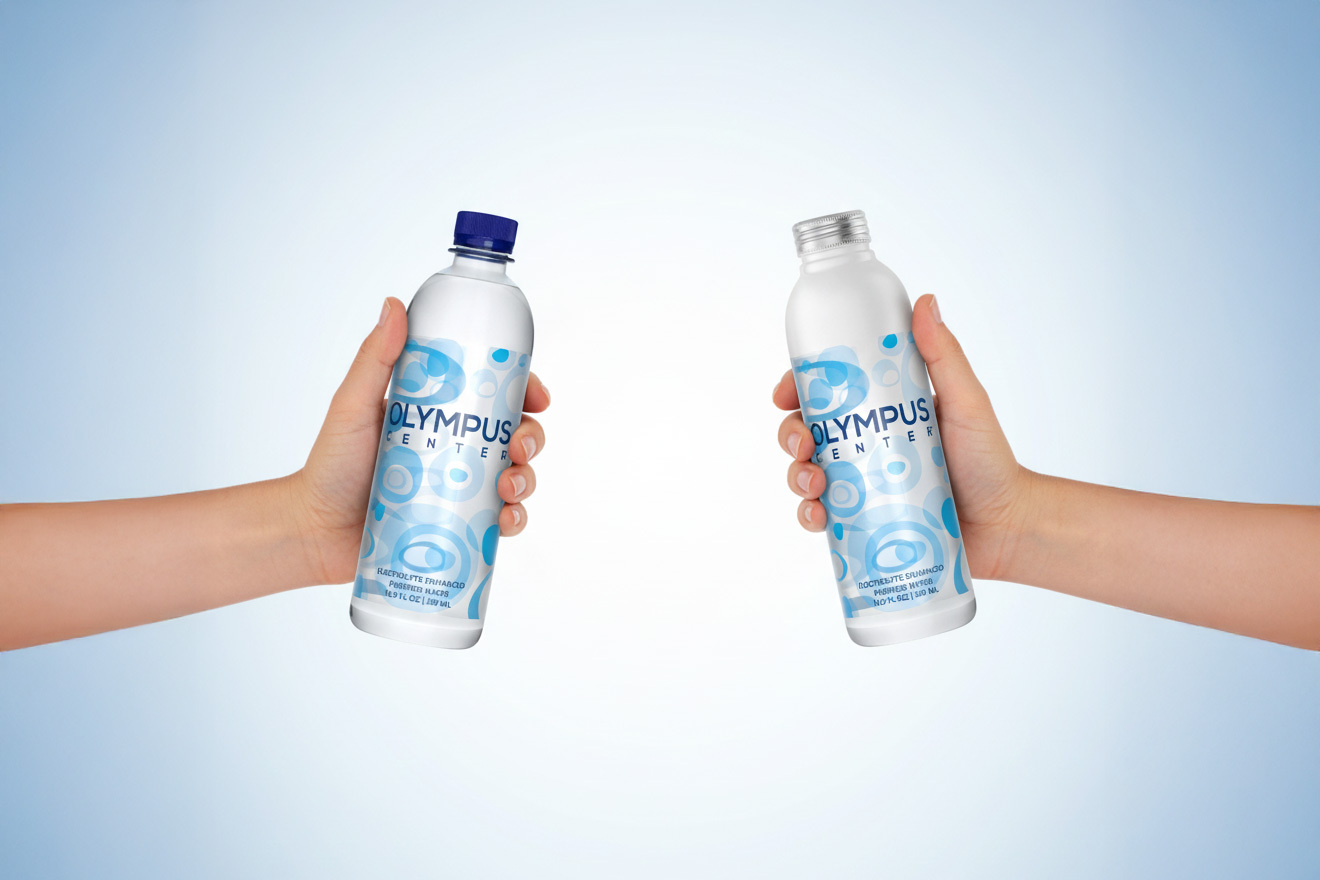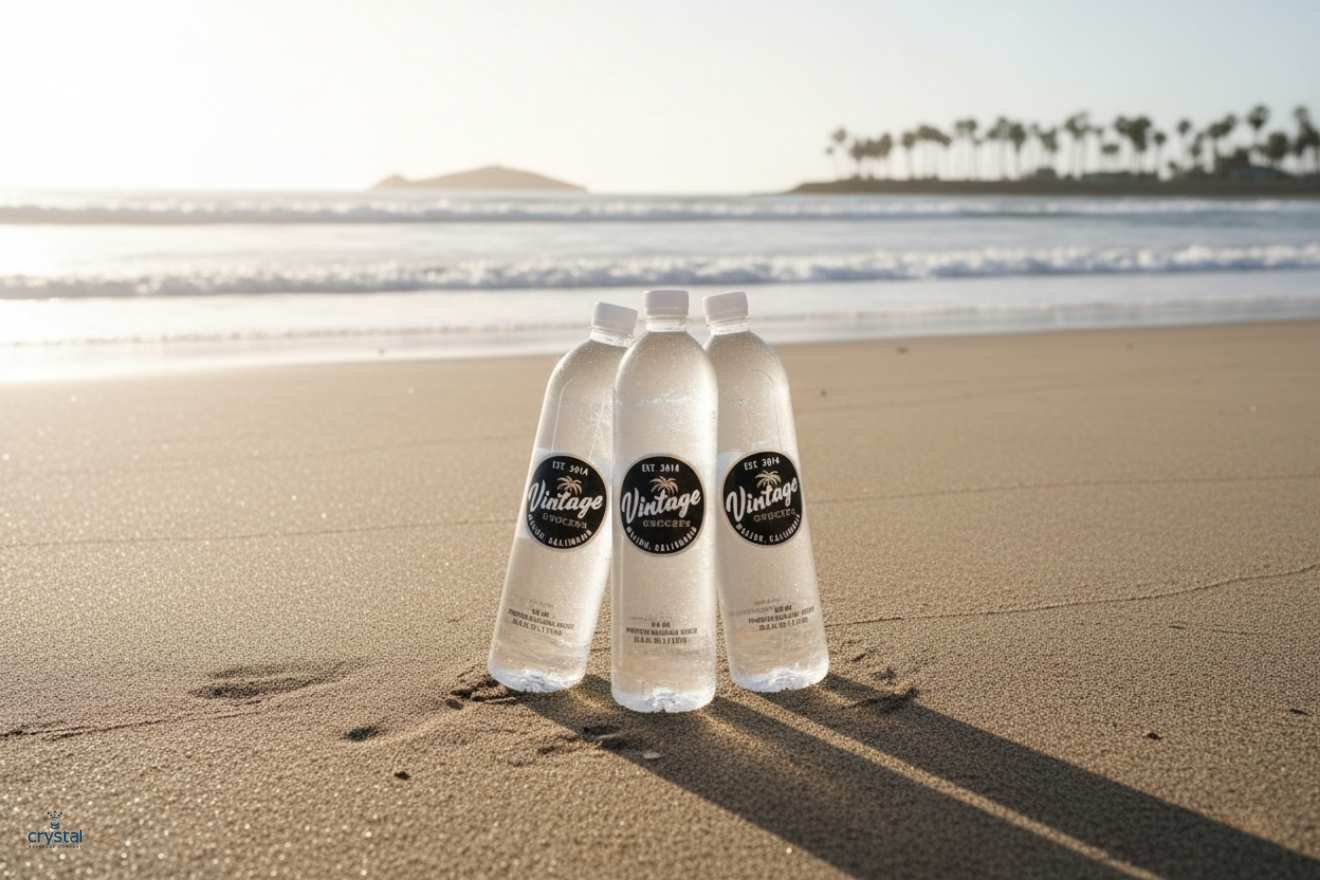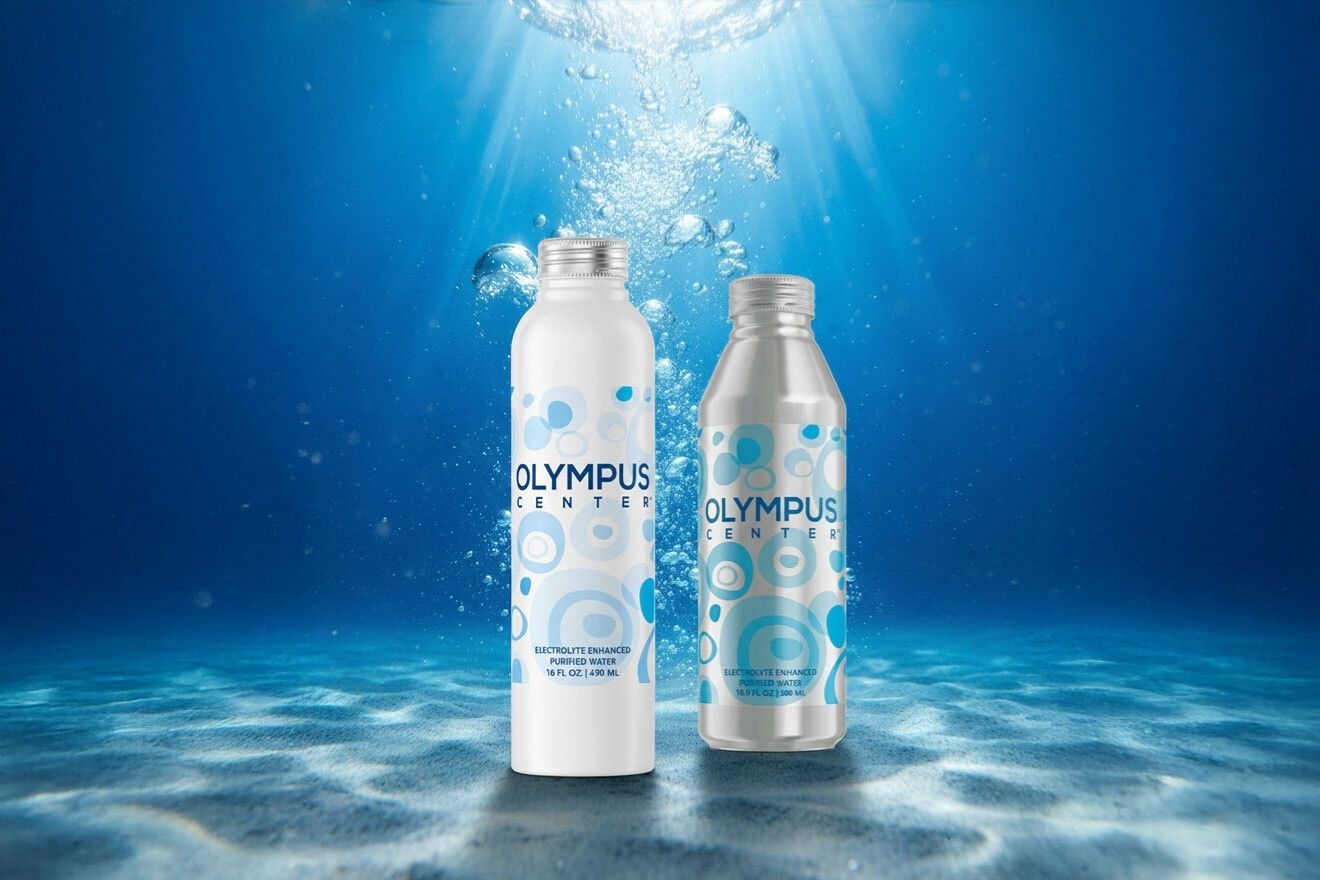What are Water Bottles Made of?


Water is one of the biological necessities we need to survive and go about our daily lives. In today’s modern world, water no longer comes from oceans and lakes but is packaged in plastic bottles available in the nearest supermarket.
And while there are many brands available for you to choose from, there are only a handful of materials that are used when making these water bottles. It all comes down to the different plastic materials that are used by manufacturers to make these, and here are the most common ones used to make water bottles, as well as the differences between them!
Why Are Plastic Bottles so Popular?

Plastic Bottles are Easily Recyclable
Not only are they incredibly easy to manufacture, as well as convenient for consumers on the go, but they’re also easily recyclable after initial use. The plastic used in making water bottles can be recycled and reformed into a wide variety of secondary goods. Because of this, there are many drink bottles and other containers that have been made from recycling.
Plastic Bottles are Malleable
When plastic material is put through the manufacturing process, they become incredibly malleable and easy to shape into different bottle shapes and forms. This becomes very helpful as manufacturers can quite literally mold plastic into whatever the customers need like bottles with handles, measurements and pouring lips.
Plastic material is not only easy to customize, but it can also be given different colors and translucency. Not only does this give customers much more options depending on their preferences, but it also makes it an easy way for brands and companies to customize their products and include their packaging in their branding strategies.
Plastic Bottles Require Less Energy
In terms of production and manufacturing, plastic bottles require much less energy to be produced compared to glass bottles. The chemical composition of plastic material makes it so that they’re not only softer but also have lower melting points, as opposed to glass that is much sturdier and requires more energy to heat and melt.
Plastic bottles are also much lighter, which means that companies can save money and energy when shipping them.
Plastic Bottles are More Suited for Daily Life
When you think about everything you have to do in a day, plastic bottles really are the obvious choice when it comes to containing your water. Not only do they not shatter when dropped, but most if not all plastic bottles are also resistant to chemicals due to their nature as polymers—a series of small molecules that come together to form a larger molecule.
Plastic bottles are also less likely to have any leaks or cracks, giving you one less thing to worry about.
Different Types of Plastic Used in Water Bottles

Polyethylene Terephthalate (PET)
This plastic bottle material is perhaps the most well-known among consumers. Polyethylene Terephthalate or PET is 100% recyclable and is used to make convenient plastic water bottles in various sizes, as well as water gallon jugs. This can easily be identified with the #1 recycling code around or at the bottom of the bottle.
And while they’re most recognized as the material for water bottles, they’re also used for storing different kinds of food like peanut butter, salad dressings, baked goods, pasta sauces, as well as other drinks like soft drinks, juices, beer and wine.
Manufacturers that produce PET usually make sure that it’s not permeable to carbon dioxide, shatter and pressure resistant, transparent, adequately thick before releasing this from production to ensure that they can properly store whatever they’re used for, such as water.
High Density Polyethylene (HDPE)
High Density Polyethylene or HDPE is another popular material used for the manufacturing of plastic water bottles due to its durability, and it’s also completely recyclable. Easily recognizable by the #2 recycling code, it’s also used to store other products such as milk and juice, as well as household products like shampoo, dish soap and laundry detergent.
Polycarbonate (PC)
Polycarbonate plastic has been used to store food and beverages for more than 50 years because of its lightweightedness, shatter resistance, and transparency—all of which make them great for displaying their contents without breaking under repeated handling.
The manufacturing of PCs is relatively more expensive than other plastics, which is why they’re generally used for higher-end reusable bottles, but it’s still a preferred material for the creation of plastic water bottles because of its high quality.
This type of plastic can also be reused anywhere between 30 to 50 times before needing to be recycled so long as they’re cleaned in between uses. They’ve also been used to create things that aren’t related to food or beverages at all like eyeglasses and compact discs, and they’re also durable enough to be sterilizable.
Other Types of Water Bottles
Besides plastics, water bottles can be made from glass, aluminum, steel, and even cartons. Aluminum bottled water is the eco-friendly option if you’re not into plastic bottles, and here at My Own Water, we offer the best hydration for everyone as we provide both plastic and aluminum water bottles!
While plastic bottles are definitely the more popular packaging for water, there are other forms of packaging that are great for storing your water so that you stay hydrated. Whether you like to keep your water in plastic bottles or aluminum bottles, My Own Water has a bottle just for you! Contact us today to create reusable custom bottled water that perfectly suits your style and sustainability goals.






